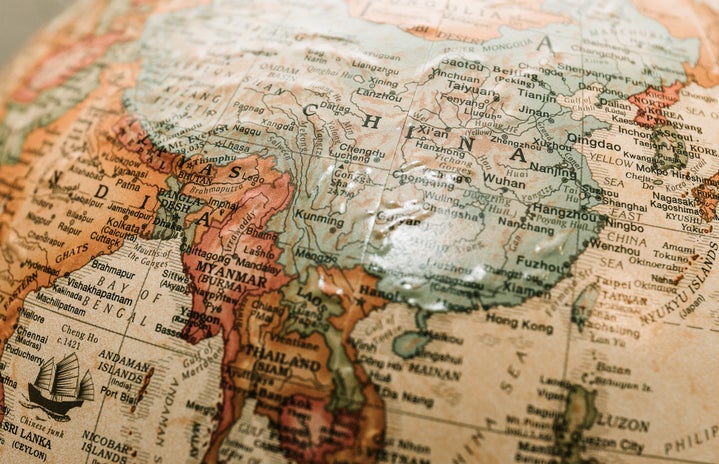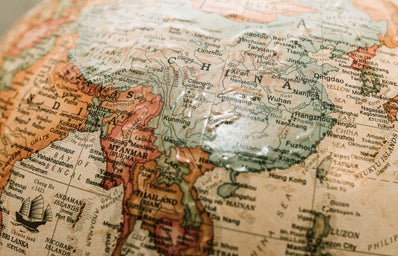I myself am Tamil, which means I am from Tamil-Nadu, a state in India, which is a country in Asia. The term “Asian” is often used as an umbrella term to refer to people from a variety of different ethnic and cultural backgrounds, predominantly East Asia and South Asia. However, some may say the use of this broad term can be problematic, leading to confusion and a lack of understanding of the unique culture and identities of different Asian groups. But for me, I’m all for the idea of calling people/culture from Asia “Asian” because well… it’s not wrong.
Firstly, it’s important to understand that the term “Asian” is a geographic term – “belonging or relating to Asia or its people“, not a racial or ethnic one. It refers to all people from the continent of Asia, which is a vast and diverse region that encompasses multiple countries and cultures. Moreover, I like to think using the term “Asian” brings all the different backgrounds and cultures of the continent together, forming some sort of unity in the continent, and putting aside cultural differences. But on the other side, there’s definitely something similar about Asian cultures. For example, if you hear someone say: “take off your shoes, this is an Asian household”, that could well be a Taiwanese household or an Iranian household. For some reason, there are similarities in Asian traditions compared to the rest of the world. A strong tradition of etiquette being just one of them.
I find it quite interesting that when people use the term “Asian” in different parts of the world, it refers to slightly different countries. In the United States, Singapore, and more globally, many people use the term colloquially to refer specifically to people from East Asia, including countries such as China, Japan, and Korea. Therefore, due to American culture & media’s perception of “Asian” representing solely East Asian, the rest of the world follows a similar trend. However, in the UK, I’ve seen a larger proportion of people use the term “Asian” for South Asian people from countries like India, Pakistan, and Bangladesh. This may be due to a larger South Asian population within the UK, shifting the use of the term “asian” towards South Asia, from the global norm of East Asia. In London, it seems the term is used maybe 50:50 for South and East Asia, depending on the individual.
To check this theory, we can test it on you for example. If I said “see that Asian grandma over there?”, visualise it for a second. Let’s be honest, did you imagine an East Asian or South Asian person? Or perhaps you surprised me with a Middle Eastern or Russian lady.
And yes, I did just do a google image search for “Asian Person” to see what came up. You can probably guess what Google came up with — Jackie Chan, Jack Ma, Bruce Lee, Awkwafina, I think you get the idea. And then we come to “Asian food”. Have a guess. Dumplings, ramen, and sushi. I was expecting to see some Biriyani, but maybe I need to keep scrolling a few pages to get there. Have you seen “Crazy Rich Asians”? There were no significant South Asian characters in the film.
So perhaps globally there is a slight bias in the use of the term “Asian” towards East Asia. This is also the case despite a larger global South Asian population in comparison to East Asia. Nonetheless, I believe we can strive to correctly use the term “Asian” by including those countries that are currently underrepresented in it. Filipino, Afghan, Indonesian, Indian, Nepalese, Saudi Arabian, and many more Asian backgrounds – all are Asian. So next time you hear the word Asian, feel free to ask, “which part?”. Then, soon in the future, maybe “Crazy Rich Asians 2” will be set in Sri Lanka.


